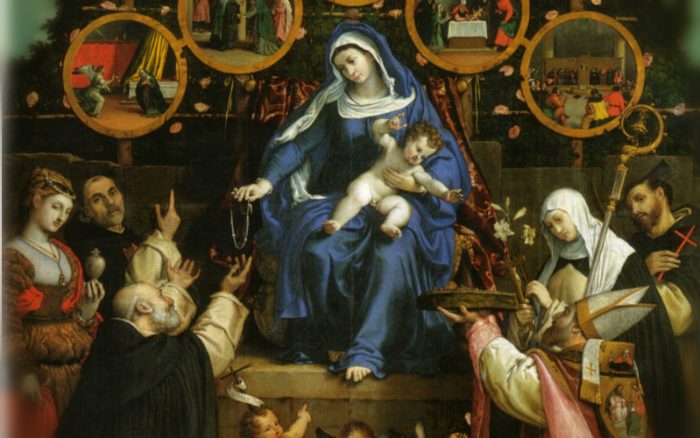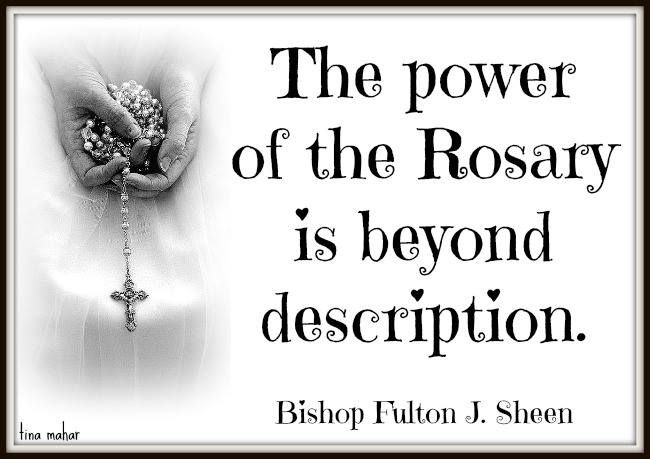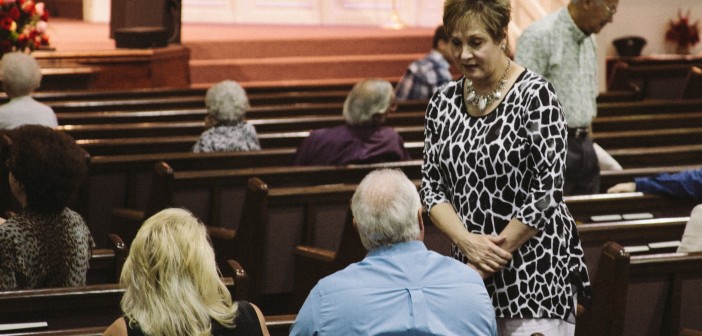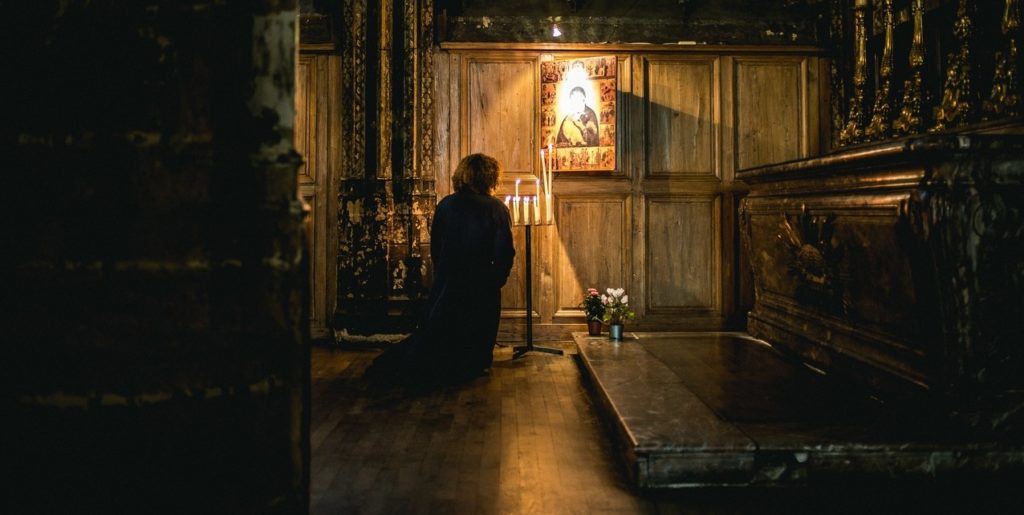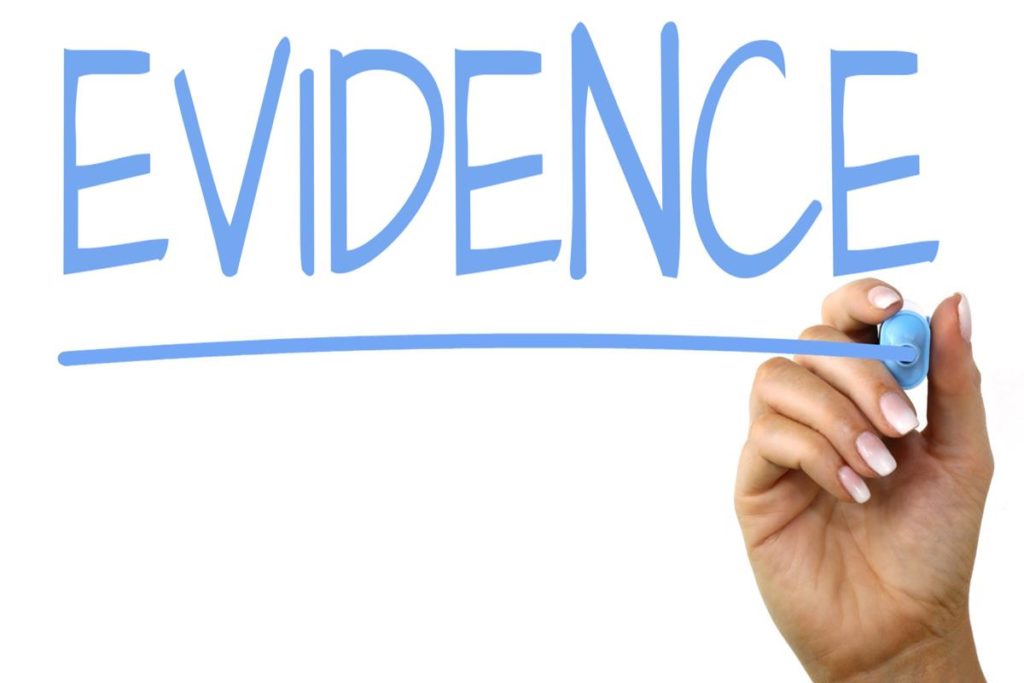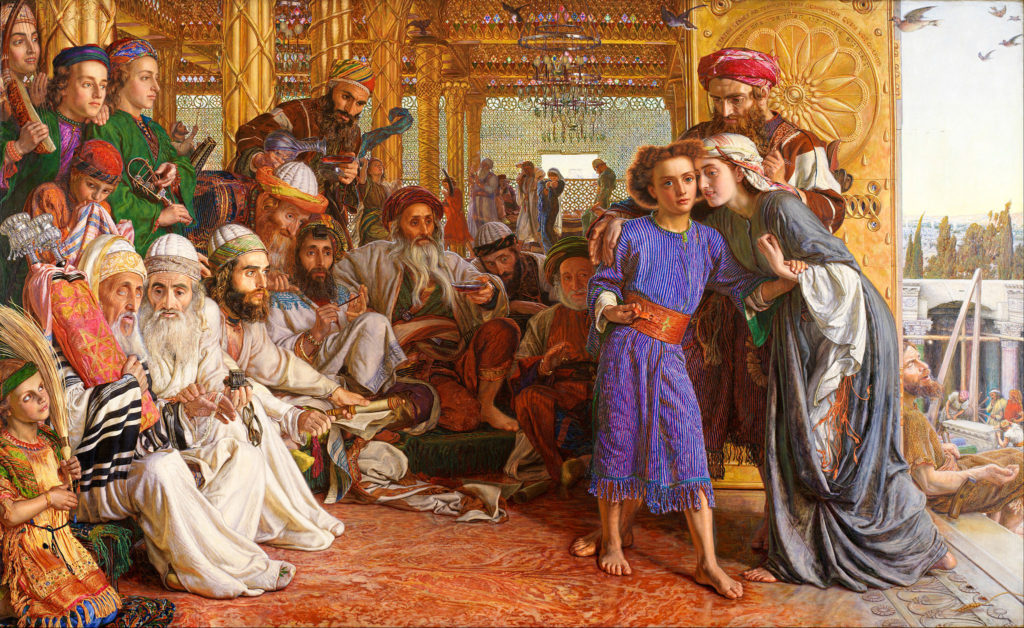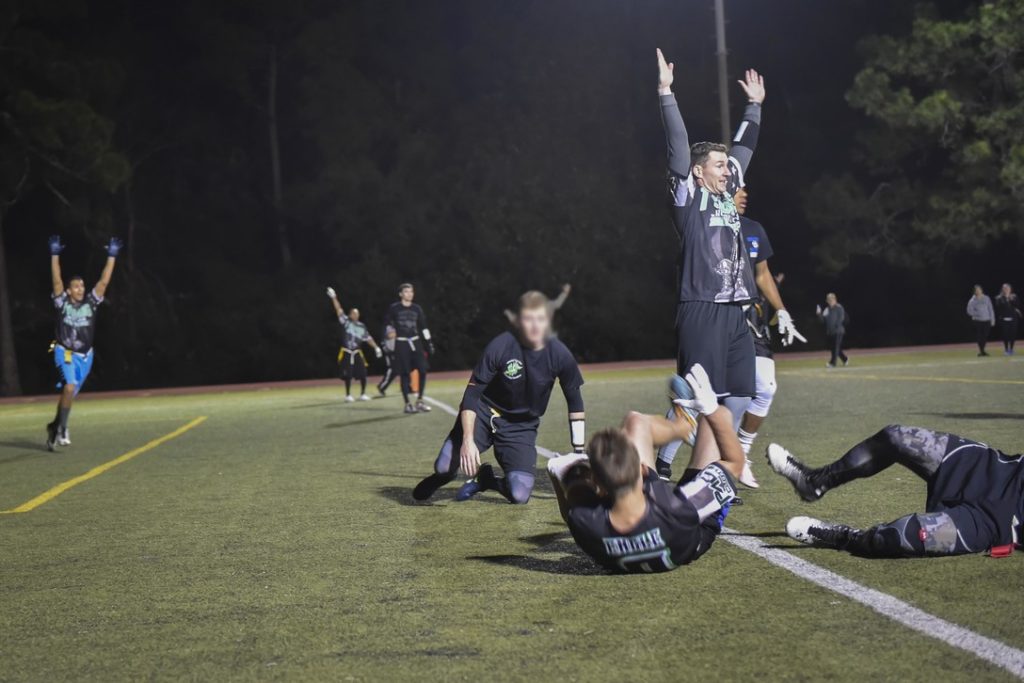Reprioritizing Rosary Prayer
As much as I would like life to go back to normal, we are still far off from returning to any form of normalcy. Many of us have seen drastic changes to our educational, social, professional, and family lives throughout 2020. It will take time for society to return to 2019 norms. And while this […]
Reprioritizing Rosary Prayer Read More »


